penodin
Introduction to Penodin
Penodin is a widely used medication known for its efficacy in relieving pain and reducing fever. It is commonly prescribed for the treatment of mild to moderate pain, including headaches, muscle aches, arthritis, and toothaches. Penodin is also effective in managing fever associated with various conditions, such as colds and flu. Due to its versatility and effectiveness, Penodin has become a staple in many households and is often recommended by healthcare professionals for its reliable results. Available in different forms, Penodin offers flexibility in administration to suit individual preferences and needs.
Composition of Penodin
The active ingredient in Penodin is Paracetamol, also known as Acetaminophen, at a dosage of 500mg. Paracetamol is a well-known analgesic and antipyretic agent. It works by inhibiting the production of prostaglandins in the brain, which are chemicals responsible for pain and inflammation. Additionally, Paracetamol acts on the hypothalamus to regulate body temperature, thereby providing relief from fever. This dual action makes Penodin a powerful solution for managing pain and fever effectively.
Uses for Penodin
- Relief from mild to moderate pain such as headaches, muscle aches, and arthritis.
- Reduction of fever associated with colds, flu, and other illnesses.
- Management of pain from toothaches and menstrual cramps.
- Alleviation of discomfort from minor injuries and surgeries.
Side Effects of Penodin
- Nausea or vomiting
- Dizziness or lightheadedness
- Allergic reactions such as rash or itching
- Liver damage with prolonged use or overdose
- Rarely, blood disorders
Precautions of Penodin
Before taking Penodin, it is important to consider certain precautions. Individuals with liver disease or a history of alcohol abuse should consult a healthcare professional before use, as Paracetamol can exacerbate liver issues. It is also crucial to adhere to the recommended dosage to avoid potential liver damage. Pregnant or breastfeeding women should seek medical advice before using Penodin. Additionally, inform your doctor about any other medications you are taking to prevent potential interactions.
Specifications of Penodin
Penodin is available in several forms to accommodate different patient needs. These include:
- Tablets: Convenient for oral administration, typically containing 500mg of Paracetamol.
- Syrup: Suitable for children or those who have difficulty swallowing tablets, providing a palatable option with precise dosing.
- Injection: Used in clinical settings for rapid pain relief or when oral administration is not feasible.
- Capsules: An alternative to tablets, offering the same dosage in a different form.
Conclusion
Penodin is a versatile and effective medication widely used for pain relief and fever reduction. With its active ingredient, Paracetamol, it offers reliable results for various conditions. Available in multiple forms, Penodin provides flexibility in administration, making it accessible for different patient needs. As with any medication, it is important to use Penodin responsibly, adhering to recommended dosages and considering any personal health conditions. Always consult a healthcare professional if you have questions or concerns about using Penodin.
Similar Medicines
More medicines by Deys Medical
Available in 2 variations

Penodin 500mg Tablet
strip of 10 tablets

Penodin 125mg/5ml Syrup
bottle of 60 ml Syrup
Disclaimer : This information is not a substitute for medical advice. Consult your healthcare provider before making any changes to your treatment . Do not ignore or delay professional medical advice based on anything you have seen or read on Medwiki.
penodin
Prescription Required
Manufacturer :
Deys MedicalComposition :
paracetamol/acetaminophen


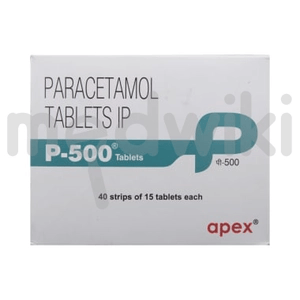
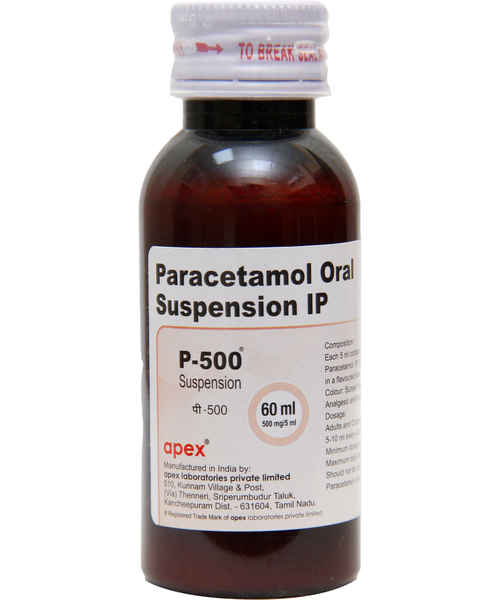

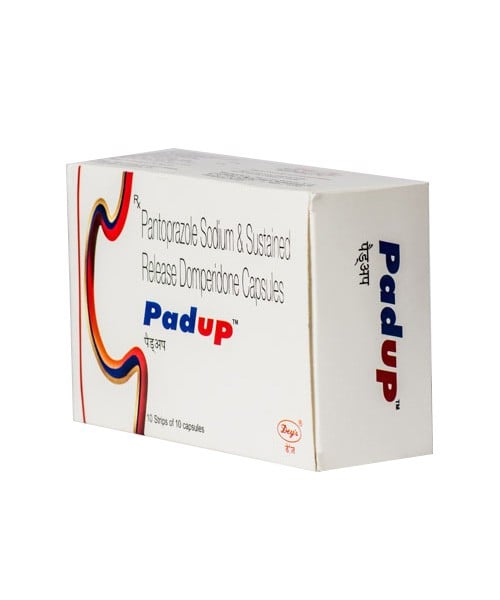
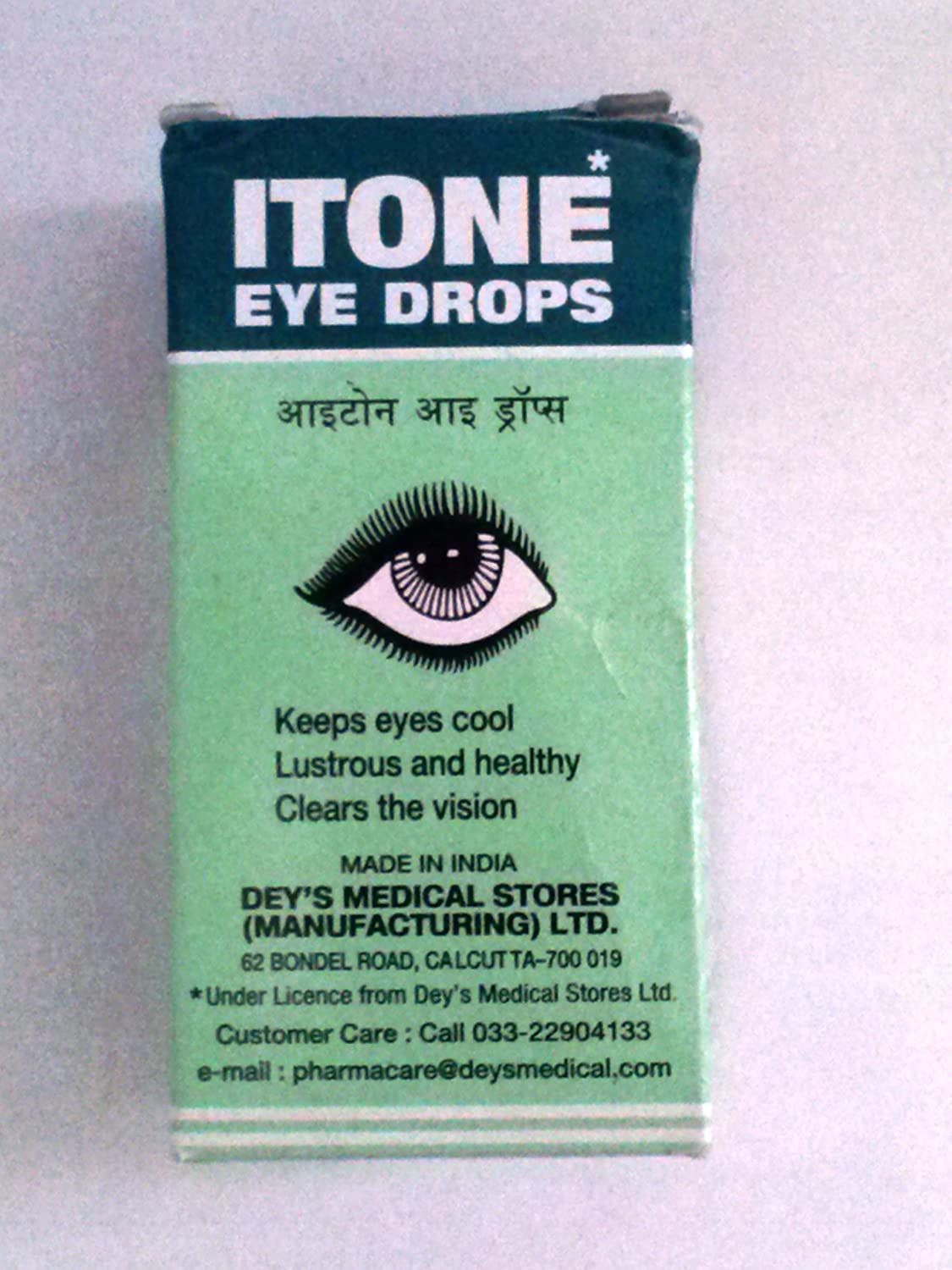
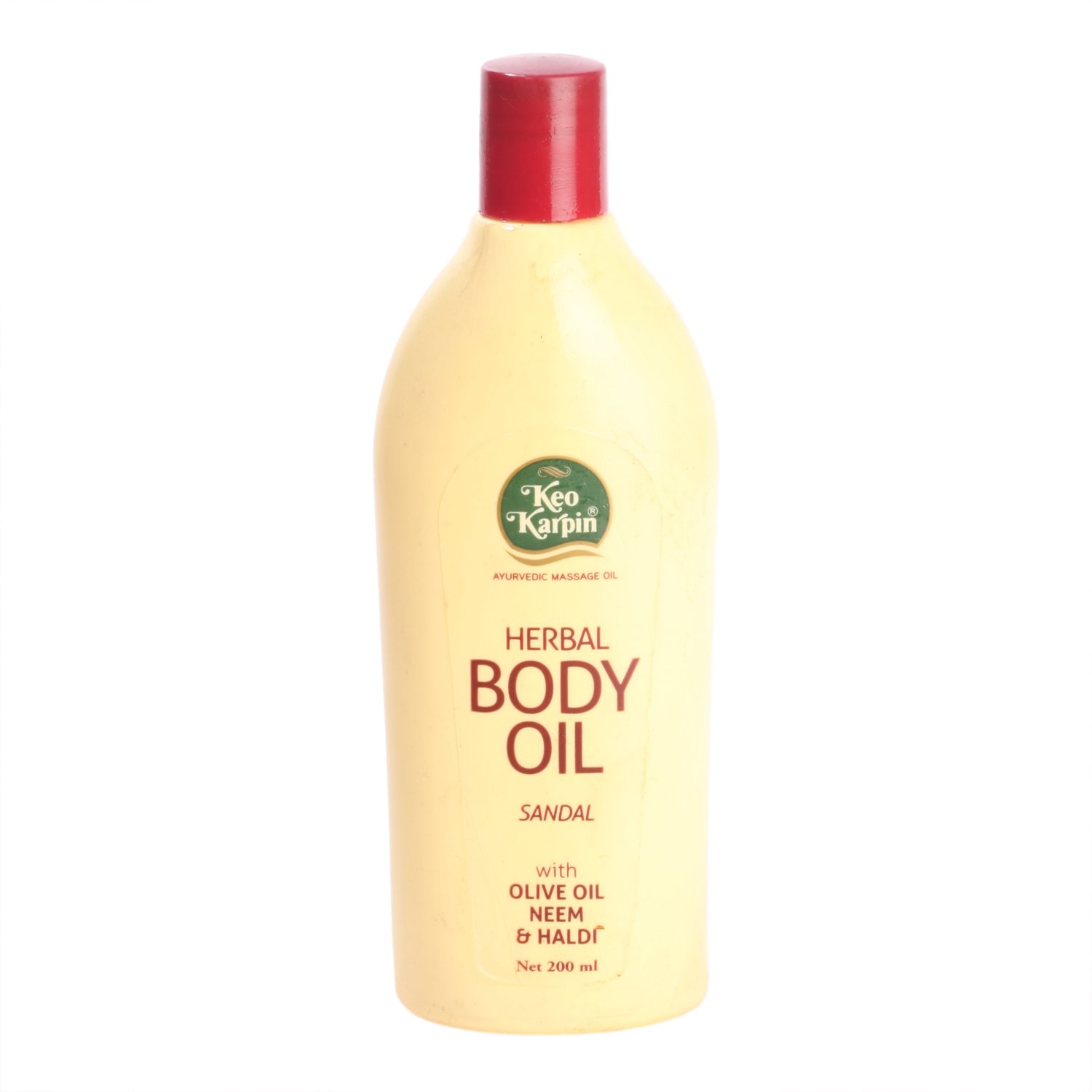









.svg)
